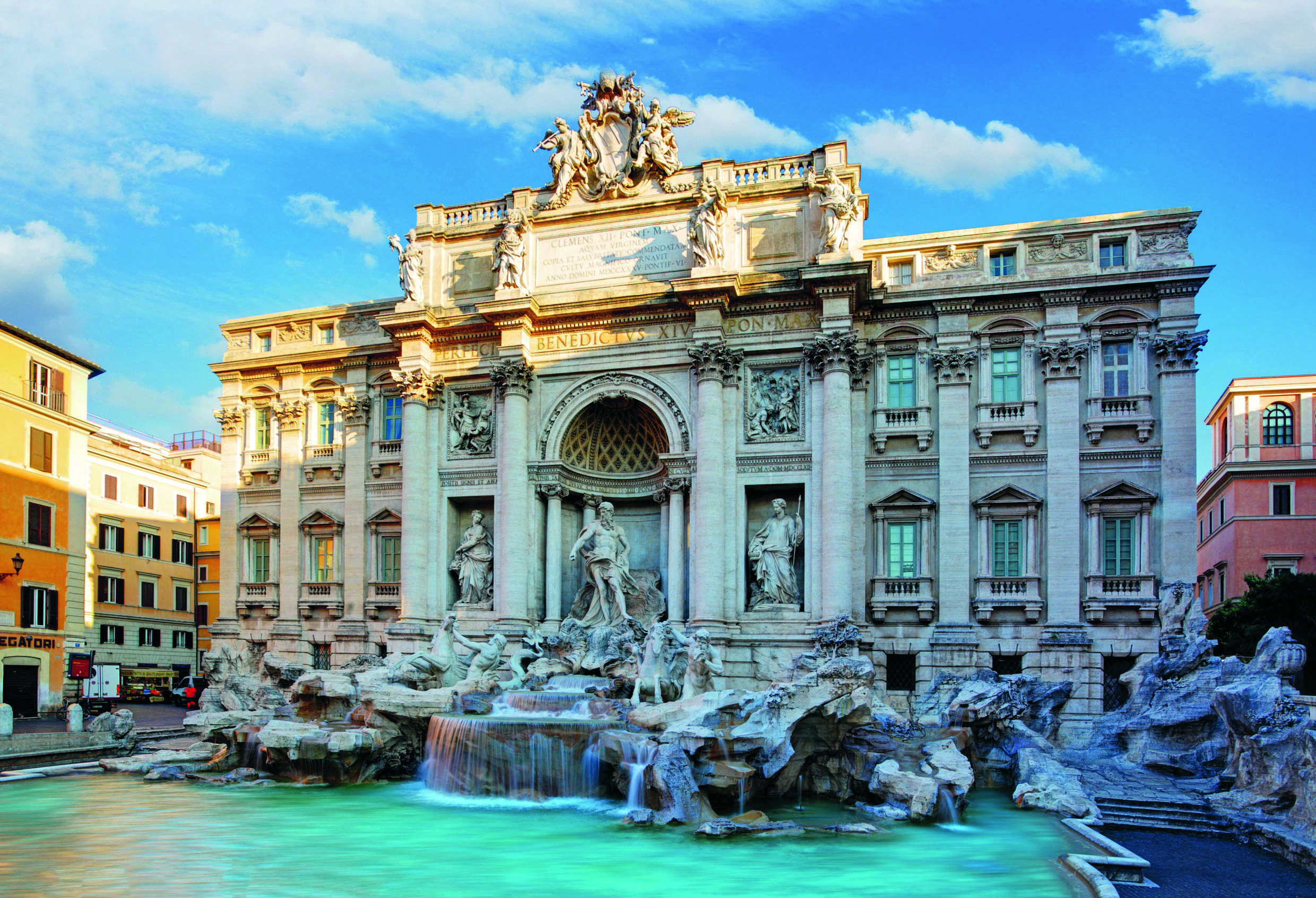A companion once inquired as to whether I understood what sort of government and society Rome had in the Republican Period? We were discussing governmental issues and he needed to class me on a portion of the better purposes of history. He knew numerous realities about antiquated Rome, yet he was deliberate in his short exercise. It was a benevolent conversation and I took in a ton. What I discovered was that the Republican Period crossed very nearly 500 years in Ancient Rome, from around 509 B.C. to the hour of the primary Roman ruler in 27 B.C. Both the public authority and the general public of Republican Rome were set apart by their commonsense, not their optimistic, hypothetical way to deal with life. This is rather than the Hellenist way to deal with life and government which underlined grand ways of thinking and hopeful perspectives.
With the topple of the Etruscan ruler in 509 B.C., Rome became Republican Rome. At first, the republic was overwhelmed by the aristocrats, or noble pioneers, who turned out to be of the ‘best possible’ ancestry. There were two yearly chosen representatives, the Centuriate Assembly and the Senate. Both were supported by less compelling chosen justices and overseers. The average people (plebeians) looked for more noteworthy inclusion in the political cycle and cultural correspondence.
In the long run, in the early fifth century, the plebeians shaped the Tribal Assembly, and because of their impact, in 450 B.C., the primary Roman code of law was composed. These first Roman laws were known as the Twelve Tables. In spite of the fact that these laws gave the normal people extra rights, the blue-bloods actually controlled the public authority. The public authority and the law turned out to be progressively secularized, and the Roman constitution depended more on metro needs than on strict customs. This constitution in a real sense advanced as the city needs of the crowded were tended to. As strict idea lost its grip on the psyches of the Romans, legal scholars (legal counselors) supplanted strict clerics, and keenness and basic shrewdness picked up the power.
Of note among Republican Rome’s’ renowned writers are Platus, (c. 254 – 184 B.C.), and Terence (c. 185 – 159 B.C.), who expressed, “I am a man, I consider nothing that is human outsider to me,” in his play “Heauton Timorumenos”. Similarly as cherished were the artists, Catullus (c. 84 B.C. – 54 B.C.) and Lucretius (c. 96 – 55 B.C.), and Ennius (c. 239-169 B.C.), thought about the organizer of Roman writing.
Two significant suggestions of the way of life in antiquated Rome were the idea of earnestness, and the way of thinking of Stoicism. Gravitas, the Latin word for earnestness is perceived to mean being calm, or genuine in one’s undertakings. This, thought the Romans, permitted them to effectively explore and be productive in open undertakings. Conventional religion, legislative issues, and public help all were a piece of earnestness, and the model resident was found out and dynamic in every one of the three fields. Without a doubt, joyful festivals were a portion of Republican Rome, however one’s traditional public picture was that of reality. Sober mindedness, not optimistic, philosophical idea was the dominating attitude of the Roman.
Apathy, a Greek idea, had as its objective a daily routine experienced in amicability with the guidelines of uprightness, or ethicalness which could be obviously found in nature. The Stoic excellencies were an ideal supplement to the overall idea of Roman earnestness, and made Stoicism the most persuasive way of thinking in the Republic Period.

